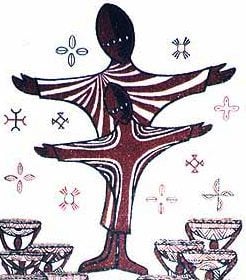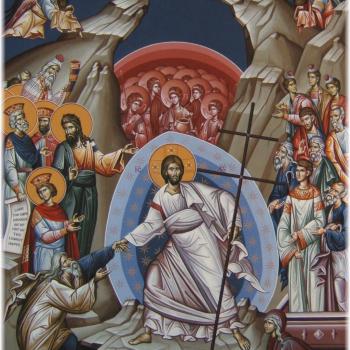 Resurrection, then hope. No Resurrection, then no hope.
Resurrection, then hope. No Resurrection, then no hope.
The spiritual logic of the New Testament is direct, unequivocal, and it is difficult to underestimate the significance of that logic for the early Christians.
The Resurrection of Jesus vindicates the claims that he is acting on God’s behalf. It addresses the longed for answer to spiritual struggles that are scattered throughout the Old Testament;\, and in some senses it restores the reason for living with hope.
It is not, however, the sequel to Good Friday. It is a reversal. It is a resounding “no” to the power of what John describes as “the last enemy.”
As such, the logic of Christian spirituality is very different from the spiritual logic of other religious traditions. It is not the logic of process: that treats the whole of life — warts and all — as what is meant to be. It is not about simple repair: the logic that says this life is all there is, improve it as much as you can. It is not the logic of deliverance: spare us this vale of tears. And contrary to popular opinion, it is not about “pie in the sky by and by.”
The Resurrection is the diagnosis that this life is both good and irrevocably flawed — worth living and, yet, requires redemption. It is the spiritual logic that drives active engagement, inspires transforming visions, and fires transcendent hope.
Christians — if they understand this logic and are owned by it — are more deeply involved in life than they would be otherwise. They imagine better things for the world than they might otherwise, and they hope for more than circumstances would otherwise permit.
The proclamation, “He is risen, He is risen indeed!” is not just a “dogma” in the shallow sense that word is sometimes used, it is a logic to be lived.














